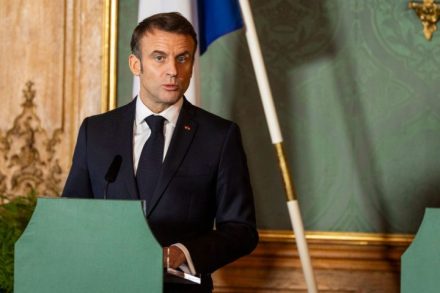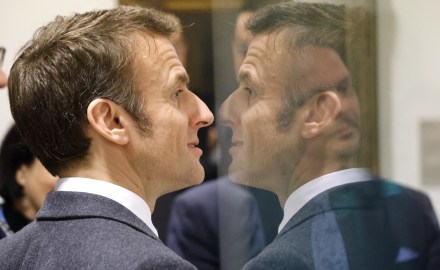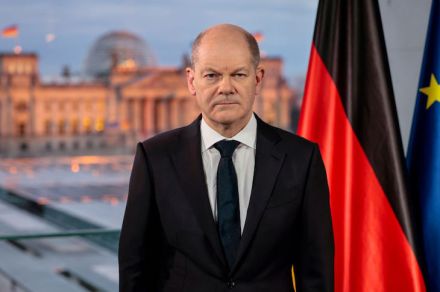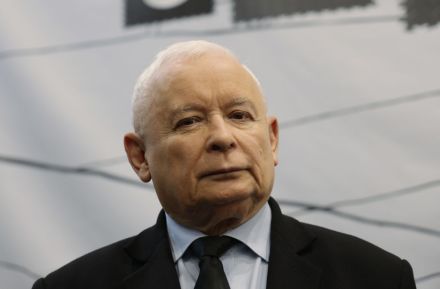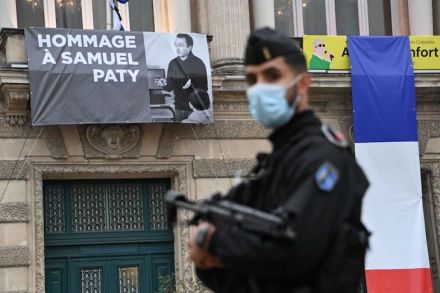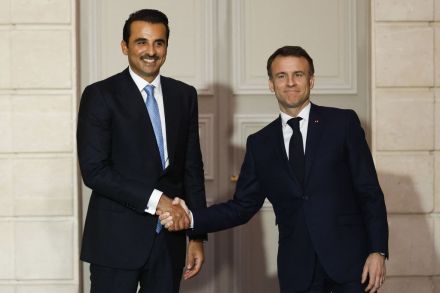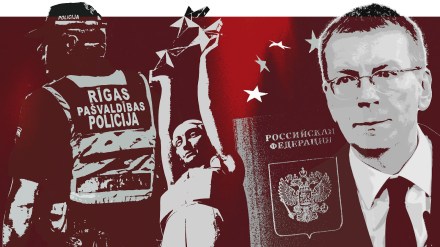Will France’s Olympians embarrass Macron?
France host England tonight in the final match of the 2024 Six Nations. ‘Le Crunch’, as this fixture has come to be known, is never for the faint-hearted but this evening’s atmosphere is likely to be especially febrile. The match is being played in Lyon, in the south-east of France, instead of the Stade de France in the north of Paris. There’ll be 20,000 fewer fans because of Lyon’s smaller stadium but the noise they will generate will be far greater than the corporate crowd in Paris. Lyon is rugby territory. There are several famous clubs within a 100 mile radius and the chance to barrack les Rosbifs – the French retort







